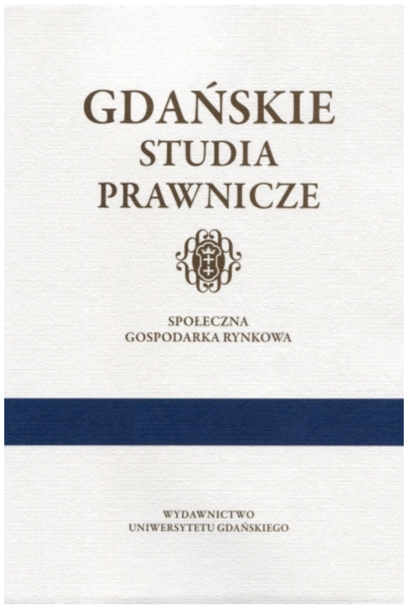Umowa czarteru statku morskiego na czas
– geneza, charakter, skutki prawne
Marine vessels charter agreement on time
– genesis, nature, the legal consequences
Author(s): Cezary ŁuczywekSubject(s): International Law, International relations/trade, Marketing / Advertising
Published by: Wydawnictwo Uniwersytetu Gdańskiego
Keywords: commercial; vessels; carrying; agreement;
Summary/Abstract: Commercial vessels can be used in two ways. They can be used in the liner or tramp shipping for carrying cargo, for which bills of lading are issued. They can also be used for carrying cargo or for other purposes in accordance with the agreement for a period of one or more journeys or for a specified period of time. In the second case the vessel is said to be chartered, the person entitled to use it is called the charterer and the above mentioned agreement is called “time charter agreement”. It is neither the hire nor the tenancy. The“time chart agreement” is a sui generis institution of maritime law, which has some intrinsic features that allow to distinguish it from other, similar in some respects, agreements.The time charter of a ship generates several effects in the internal relations between the agreement parties – the ship owner and the charterer, between the charterer and the captain and in external relations between the ship owner, the charterer, the captain and the third parties concerned by the charter.
Journal: Gdańskie Studia Prawnicze
- Issue Year: 2014
- Issue No: XXXII
- Page Range: 219-244
- Page Count: 26
- Language: Polish

